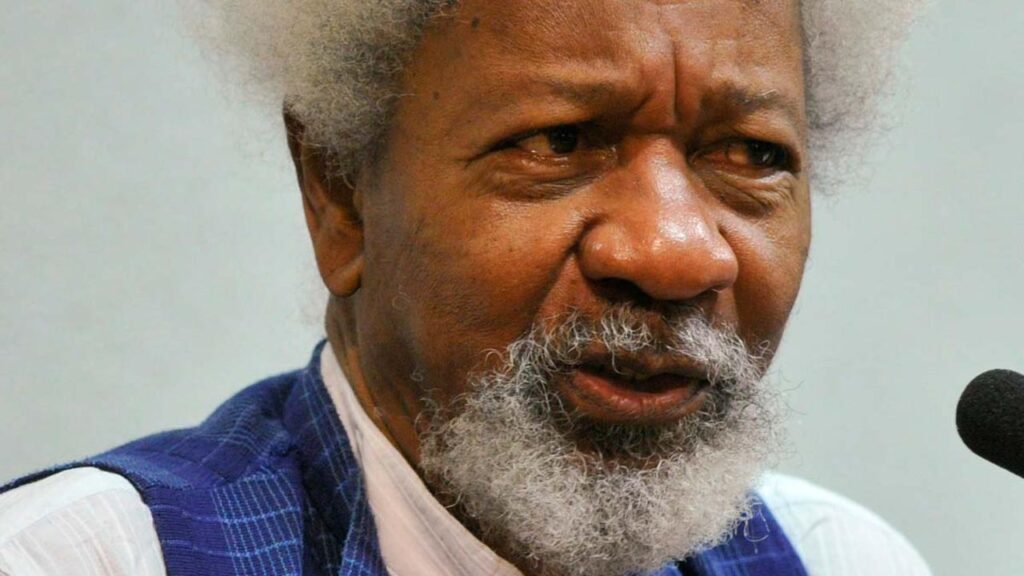
Africa, Middle East and South Asia are projected to lead in the super region of clean energy solid minerals as the world pushes towards energy transition.
At least, the capital expenditure required by 2030 for mining, refining and smelting of critical minerals is expected to hit $400 billion.
Global market research body, Wood Mackenzie, said the investment is necessary to bridge the supply-demand gap and limit global temperature increases to 1.5°C above pre-industrial levels.
A new white paper launched by the organisation at the Future Minerals Forum noted that the Middle East, Central Asia and South Asia would make a huge contribution to a successful energy transition.
While Africa remains the region with the highest number of people without electricity, 70 per cent of the world’s platinum reserves, 52 per cent of cobalt and 48 per cent of manganese are on the continent.
Nigeria, which has relied on troubled fossil fuel, is now, according to the Minister of Solid Minerals Development, Dele Alake, shifting focus to solid minerals to ensure the nation’s economic survival.
Alake believes that the most populous black nation has an abundance of green energy potential that must be put to use. The white paper, How can the Super Region enable the energy transition? sees Africa and others as a global force in the production of minerals and related clean energy technologies.
While the projection comes with optimism, most stakeholders are worried for Africa. Their concern is that despite its huge clean energy solid mineral, other continents dominate the refining, manufacturing, and skills for energy transition.
A co-author and Senior Vice President of Research at Wood Mackenzie, Julian Kettle, noted that the creation of a minerals super region offers a unique opportunity for the affected countries to collaborate and leverage existing resources and expertise.
The report added that unlocking the Super Region’s potential would require uniting four key variables: resources, capital, demand and capabilities. According to the white paper, in terms of the minerals essential for a successful energy transition, Africa is a clear global leader, having 79 per cent of global cobalt reserves, 44 per cent of manganese and 21 per cent of graphite, as well as sizeable resources of many other minerals, including copper and tin.
However, the continent’s undeveloped financial ecosystem, under-developed infrastructure and reluctance for investment by many of its nations mean Africa has provided strong headwinds.













